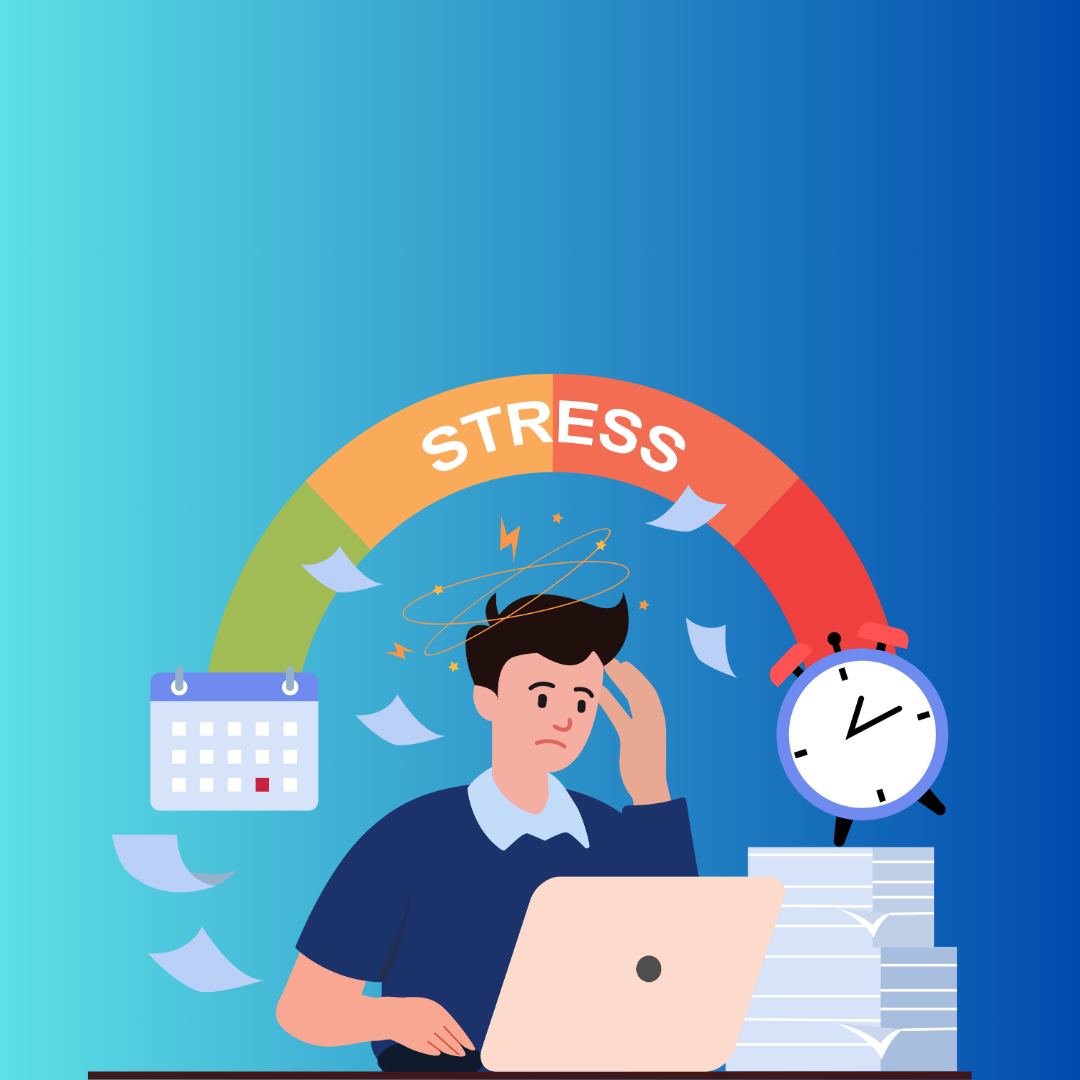
WHO IS A PEER?
A friend or a companion, can be referred to as a peer. A peer can also be someone you believe in, someone you confide in, someone you are comfortable with, someone you can share your thoughts with, someone who advices you, someone you trust, or someone you talk to often. Your peers are usually your age and experience similar situations and challenges every day, like you. A peer with an age difference can also be called a peer. Your peers are persons in your close group, with whom you talk when you want clarity about your thoughts, or you want to seek advice, or when you want to make a better decision.
THE IMPORTANCE OF A PEER IN LIFE?
Your closest peers become your extended family over time. You may keep your family and your close peers on the same pedestal when you begin to analyse what they mean to you. You make many important decisions with your peers day to day. Some decisions might make negligible difference in your life, but some decisions may have a long lasting and major effect on your life.
A peer can strongly impact your mentality, your behaviour, your choices, your mental and physical wellbeing, your perspective towards life, your actions and your life decisions. They help you shape your opinions about things, they live your experiences with you, you make memories together. Your peers are the persons you make your mistakes with. You learn with your peers and live your life with them every day.
Our peers influence us in several ways. We often compare ourselves to our peers because we want to fit in with them, be like them, have what they want, achieve what everyone thinks is the best. We often identify with people who surround us in different ways. We like to identify how they speak, act, dress and live. Which is quite natural.
POSITIVE PEER PRESSURE
Everyone that we meet has a role to play in our lives. Everyone we meet in our life is not meant to stay for your lifetime. Some people enter into your life to teach you a lesson, while some may leave a long-lasting effect in your life. Some people are temporary in our lives and are meant to fulfil a temporary purpose only. It is upon us to make a judgement and analyse the temporary and permanent people in our lives. Important to choose the right people, who have similar purpose as yours and who have good intentions.
Peer pressure is not always negative, it can be a positive aspect as well. The test of judging whether the peer pressure is positive or negative depends upon what impact a peer is making upon you. Does this peer align with your thinking process, or whether they have good intentions with you.
Here is how your peers can have a positive impact on your life-
LEARNING AND SOCIALISING
With your friends, you learn how to socialise. You learn how to make friends, how to talk with others, how to understand what is happening around you. You learn social skills and how to use these skills better. You explore together with them, knowing that you have someone with you.
FRIENDSHIP
It is often believed that a friend in need is a friend indeed, it actually stands true. A friend, a peer who stands with us in our most difficult times, is a friend to cherish for life. They can be there for you either physically or mentally, the most important thing is that at least they have an intention to stand by you and they are making efforts for the same.
SETTING POSITIVE EXAMPLES
A friend can set a positive example for their peer. When a peer achieves something in life, they become an inspiration for their peers. They can share the secrets to their achievement and can guide their peers better. It is always good to grow together with people who mean to you.
FEEDBACK AND ADVICE
Your close peers will always help you understand the difference between right and wrong. They will encourage you to do what is good and stop you from what is wrong. They might hold your hand when you share something, without judgement. They will call you out when you are on the wrong track. Your peers know you better than anyone, so listen to them and keep them close.
NEW EXPERIENCES AND MEMORIES
When you live life with friends, you take more risks, explore new things, learn from each other’s experiences, make better decisions. It is always better to know that you have someone who cares about you and wants to be there for you. Memories are the treasure of life and they are made better with friends. New experiences adds to your life and helps you evolve and learn.
WORDS OF ENCOURAGEMENT
A real friend is someone, who is happy to see you grow and learn. Someone who tells you when you are wrong and stands by you as you correct your mistakes, learn from them and start again. Your real friends will always encourage you to be a better person, to focus on your career and everything that is meaningful in life.
NEGATIVE PEER PRESSURE
Peer pressure can affect you negatively in certain ways. As your peers influence you, your actions, your behaviour, your thinking, your perspectives, they may influence in ways that may turn out negative for you. They may force you to do something that you are not comfortable with, they may ask you to say something that you do not agree with or tell you to do something that scares you. They push you out of your comfort zone, pressurise you, make you more uncomfortable with yourself and fool you to believe something, that might not be true.
Sometimes when you are in the middle of a situation and you are unsure of what you should do next, your vision and thoughts tend to blur. When at that moment, your peers tell you to do something, or directly or indirectly pressurise you into doing it, you may panic, get confused and you are more likely to take a bad decision.
CONSEQUENCES OF NEGATIVE PEER PRESSURE
Our experiences shape our behaviour and then our behaviour becomes our habits. When someone fools us to believe something that we do not actually believe in or pressurizes us to do something that we are not comfortable with, it is natural that we will develop negative habits and negative behaviour. These negative habits might trigger us and form negative behavioural patterns. Hence, to tackle these negative patterns, someone might end up following negative, toxic and harmful coping mechanisms. Once a person enters the cycle of misery, self-doubt, anxiety, negative coping mechanisms, toxic habits, and etc, it becomes very difficult to break the cycle and let yourself out of it towards better and positive understanding of self.
Negative peer pressure can arise out of many uncomfortable situations. When our parents tell us to not do something, we are more tempted towards it. So, when we have a chance to do something that our parents warned us about and our peers support, we are more likely to indulge ourselves in it. We are more likely to listen to our peers than our parents because we think that our peers understand us better. We try to fit in and end up losing our own identity in the process of figuring it out.
Here are somethings you can follow to break the cycle of negative peer pressure and have a better understanding of yourself. –
TALK TO YOURSELF
You are your best judge and your first friend. You should accept your emotions, acknowledge them and be mindful of how you actually feel in the particular situation. Be truthful to yourself and understand what you really want at the moment. It is highly likely that if something does not feel right, it might not be right. Ask yourself often, am I comfortable with this? Is this really how I feel about it? Will this workout for me in the long term?
COMMUNICATE
Learn to say NO when something does not feel right. You need not justify or explain the reason of saying no, it is absolutely okay to say no when something makes you uncomfortable. Communicate what you really feel about that particular situation to your peers. Do not hesitate from communicating what you really feel. If someone offers you something that you do not want, you can simply deny it and say- “you are not up for it” or “I am not comfortable” or just “NO”.
MAKE AN EXCUSE
If you believe that something is wrong and the only solution here is to make an excuse to get you out of the toxic situation, you can simply make an excuse to get out of the uncomfortable situation or place. You can say that your parents are calling you or you are just not feeling well.
IDENTIFY TOXIC PATTERNS
It is not acceptable for someone to pressurise, coerce, or deceive you into doing something that you are uncomfortable with. No one can mock, degrade or embarrass you for your decisions. Do not give them the power to overstep your boundaries. You can always choose to avoid spending time with people whose thoughts do not align with yours.
CHOOSE YOUR FRIENDS
It is extremely important to choose the right friends for yourself. Choose people who have similar beliefs like yours, choose someone who appreciates you and motivates you to become a better version of yourself. Spend time with people who support your choices and will not put you under undue pressure to conform.
SET BOUNDARIES
It is important to analyse and understand your own purpose and worth in life. You should work on understanding what you really want in life and work on achieving things that matters to you. It is not your duty to please everyone, let people have their own opinions of you, do not let them define your worth in your mind. Choose your life for yourself, set boundaries for yourself and for others. Call out people for overstepping them. if you know something makes you uncomfortable, Make preparations ahead of time. Consider how you would react in various situations. Make a list of what you can say or do.
SEEK HELP
You can Seek help from a responsible adult, such as a parent, teacher, or maybe a professional counsellor if you think you need it. You can go to someone that you believe in or trust.
YLCC would like to thank Saloni Mann for her valuable inputs in this article.




